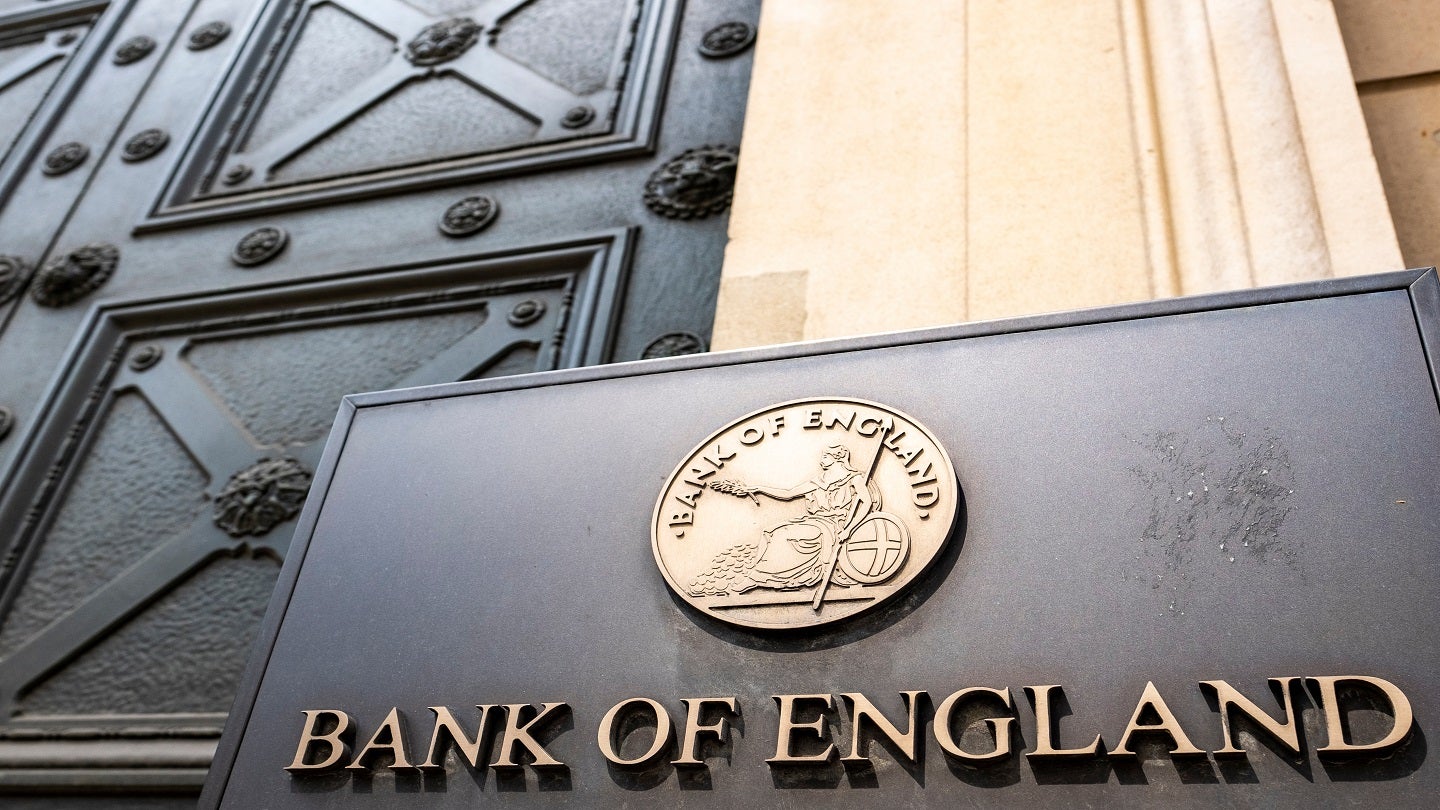
The Bank of England’s Prudential Regulation Authority (PRA) has put forward plans to eliminate 37 reporting templates as part of the initial phase of its Future Banking Data review.
Most of the forms slated for removal relate to financial reporting.

Access deeper industry intelligence
Experience unmatched clarity with a single platform that combines unique data, AI, and human expertise.
The information covered by these templates is either no longer required for its supervisory work or can be obtained from other sources.
This proposal follows earlier reporting simplifications by the PRA, which previously cut insurance reporting by around one third.
The regulator said firms were benefitting already from those prior changes.
A one‑month consultation on the proposed deletions has opened.

US Tariffs are shifting - will you react or anticipate?
Don’t let policy changes catch you off guard. Stay proactive with real-time data and expert analysis.
By GlobalDataThe PRA aims to bring the changes into effect on 1 January 2026 and estimates the measures would save the sector about £26m ($35m) a year.
The consultation represents an early stage of the Future Banking Data programme, which the PRA described as intended to reduce reporting burdens on firms while maintaining access to the data it needs for regulation.
These deletions form part of a broader package of measures directed at supporting growth, including initiatives to increase mortgage market competition, steps to make the resolution framework more proportionate, and proposals to simplify capital requirements for smaller banks that focus on the UK.
In a related move, the Bank of England’s Statistical Reporting team has launched a consultation on ending the collection and publication of Form BN, which provides a further sectoral breakdown of non‑resident monetary financial institutions.
Bank of England Authorisations, Regulatory Technology, and International Supervision executive director and Future Banking Data executive sponsor Rebecca Jackson said: “It’s essential to get the right data from firms in order to supervise them properly.
“But it’s also important that we do that as efficiently as possible and in a low-cost way, so they can focus on their core business and supporting their customers.
“Today’s announcement is another example of our ongoing work to enhance the proportionality of our regulation and support growth without risking the stability of firms or the wider financial system.”







